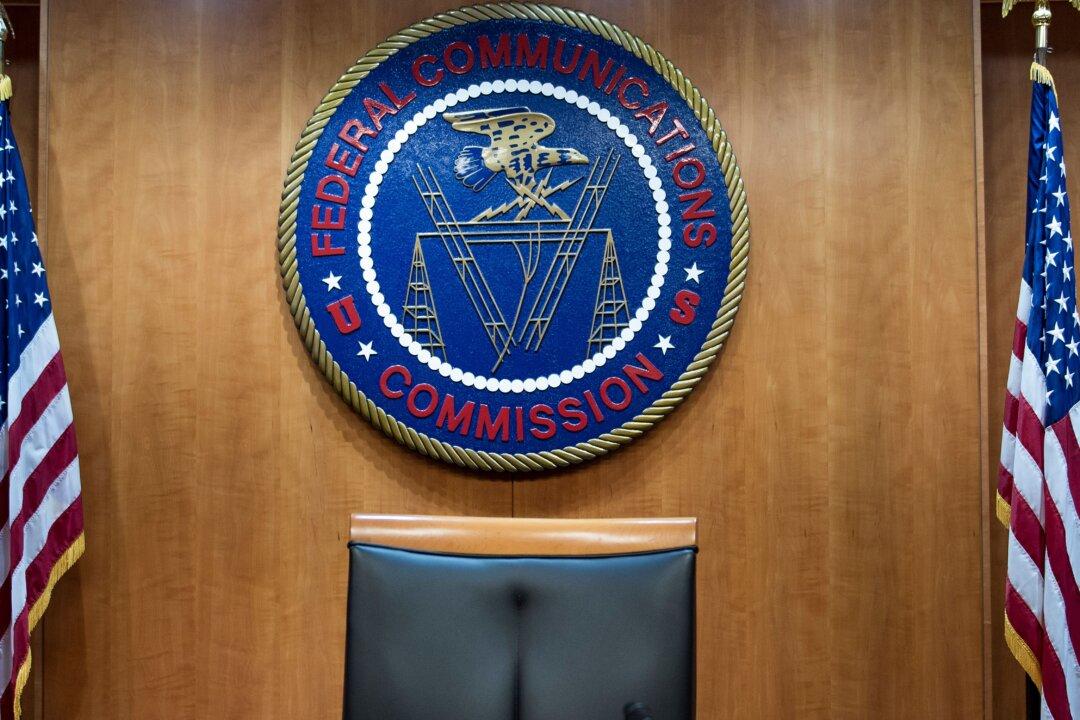The Federal Communications Commission (FCC) took its first-ever steps to crack down on text-message scams this week, imposing new regulations on mobile phone service providers.
Under the new FCC rules announced Thursday, mobile service providers are required to block certain robotext messages that are considered “highly likely to be illegal.” These likely-illegal text messengers come from invalid, unallocated, or unused numbers, numbers individuals mark as never sending text messages, and numbers that government agencies and other well-known entities identify as not used for texting.





